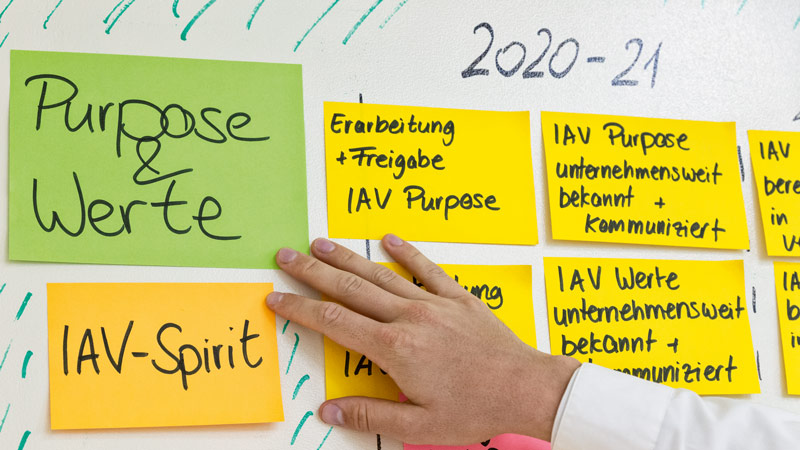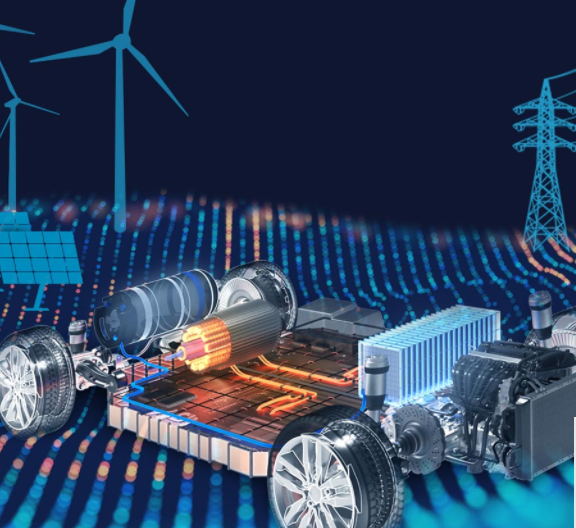Audio, Sound & Speech
The mega trend in infotainment is “always on“. Automated driving is also bringing about fundamental changes. While in the past the infotainment system was aimed at the driver, also in spatial terms, in future it has to serve all passengers in the same way. With our end-to-end approach to engineering, we develop complete derivatives for infotainment.

The demands made of vehicle audio systems are increasing all the time. Lightweight design, for example, results in louder disturbing noises inside the passenger compartment. Manufacturers use active noise cancellation (ANC) to deal with this. ANC enhances comfort and makes a contribution to interference-free communication in the vehicle. Furthermore, the trend towards voice assistants in the car puts an even greater focus on the audio properties of vehicles. OEMs are facing up to this challenge with ever better microphones and loudspeakers, combined with smart algorithms. Thanks to our experience, we guarantee our customers the best sound with minimum noise interference for optimum acoustics in the passenger compartment.

Our experts accompany their customers throughout the entire development process and develop innovative infotainment solutions beyond the limits of the vehicle. We set great store by using the very latest, state-of-the-art development methods and tools. For instance, we have our own sound labs and tuning test benches for vehicles. We continue to develop our capabilities all the time. For example, we use artificial intelligence for smarter description of vehicle interiors with their complex shapes and many different surface materials, resulting in more precise acoustic simulations and better development results.

Speech plays a key role in modern vehicles. Hands-free systems, solutions for communication in the passenger compartment and emergency call systems are meanwhile standard or even required by law. These are joined by voice assistants to control vehicle functions. Development here is particularly challenging due to the large number of services and the complexity of the systems. For example, it should be possible for several passengers in the vehicle to use the entertainment system, speak with the voice assistant and use their phones all at the same time without disturbing each other. Future voice assistants will be expected to behave like human interlocutors.

Autonomous driving will result in the vehicle being controlled almost entirely by speech. We use cutting-edge technology such as virtualization and AI to deal with the growing system complexity. For example, we have developed an automated method that validates speech recognition systems for reproducible testing of the system’s recognition accuracy without expensive test runs.
In the framework of the “Speaker” funded project, we are working with partners on developing the platform for a new voice assistant system “made in Germany” that stores all data generated in Germany, thus guaranteeing optimum data protection.


